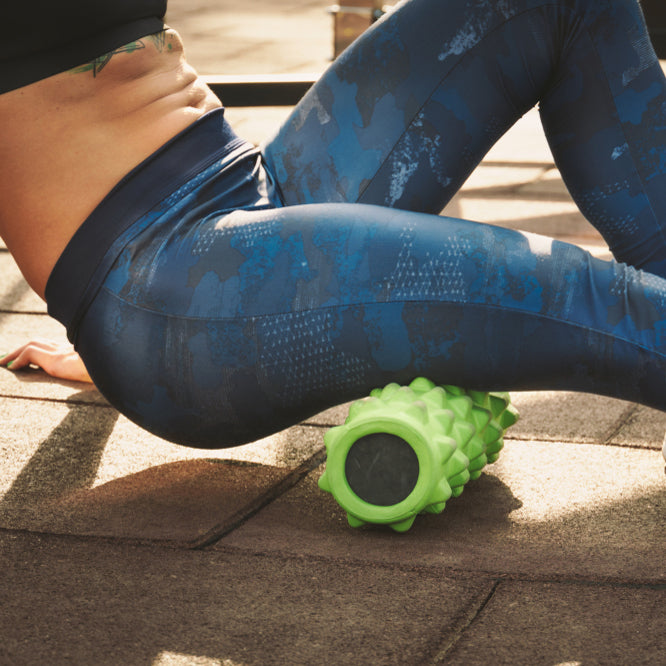All athletes are very familiar with delayed onset muscle soreness (DOMS) and how much of a difficulty it can cause you in doing simple things.
Unfortunately, it comes with the territory of pushing your body. Any kind of progressive overload will cause micro-tears and trauma to the muscles which result in the pain you experience 24-72 hours after a workout.
Luckily there are some simple things you can do to reduce the symptoms so you can get back to feeling normal again.
MassageFinding yourself a decent sports masseuse is probably the best way to limit the pain you feel in the days after a workout.
While your half an hour or hour on the table but be agony, a good masseuse will flush out the inflammation in your muscles and improve blood flow to enhance recovery.
Massage is also proven to stimulate the mitochondria in your cells, which helps to repair the muscle.
Cold ShowersThe findings on whether ice baths actually work to alleviate pain are mixed, but a lot of athletes swear by them.
There is some evidence that shows cold exposure will constrict the blood vessels which helps flush the blood out of your muscles to allow new nutrient-rich red blood cells to help stimulate recovery.
Pre-Workout CaffeineCaffeine is proven to help improve exercise performance, but some evidence also suggests it can help with DOMS too.
One study found that if you have the equivalent of two cups of coffee about two hours before your workout, it can cause a 48% reduction in DOMS.
Active RecoveryIt’s tempting to just sit and do nothing when you’re muscles feel sore every time you move, but gentle recovery sessions are the best way to help get rid of the pain.
A simple walk or a very gentle jog can help stimulate blood flow to the legs if that’s where your pain is. Foam rolling or yoga sessions can also be very effective for reducing tension.
HydrationStaying hydrated is one of the best things you can do to ensure your muscles recover properly after a workout.
Try to prioritise drinking enough fluids before, during and after your session. There are lots of electrolyte drinks you can put in your gym bag to give yourself the best recovery routine possible.


Share:
Scientists Think They Can Create A Pill To Give Benefits Of Exercise
Going On Holiday? Here are 4 Tips For Maintaining Fitness